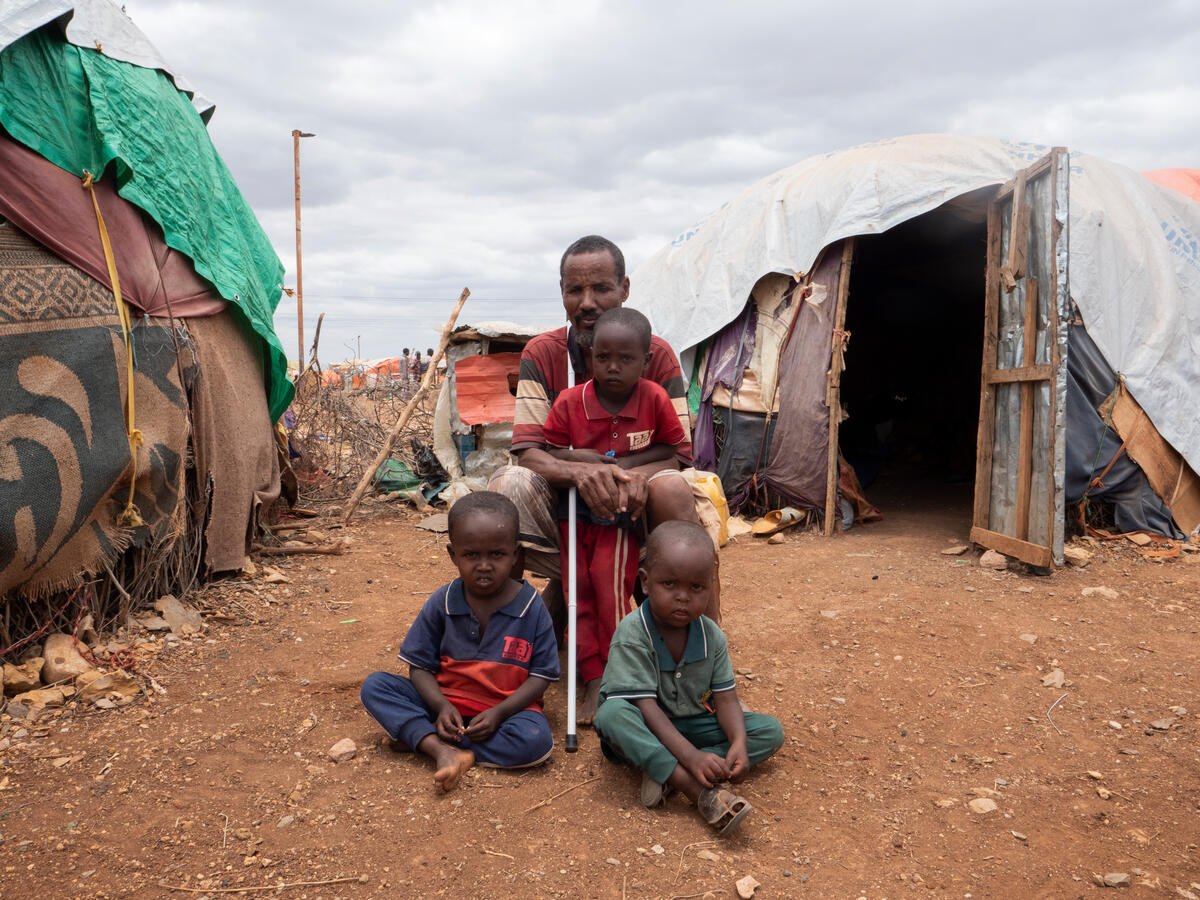UN chief urges greater solidarity with Mosul displaced
UN chief urges greater solidarity with Mosul displaced

HASANSHAM CAMP, Iraq – United Nations Secretary-General António Guterres today called on the international community to do more to help the “suffering” people of Mosul, hundreds of thousands of whom have been uprooted from their homes in the ongoing battle to for control of Iraq’s second city.
“These people have suffered enormously and they go on suffering. We need more solidarity from the international community,” Guterres said during a short visit to the Hasansham U3 camp in northern Iraq, which shelters more than 9,000 people forced to flee their homes in Mosul.
“There is a huge effort by the regional government [of Kurdistan], a huge effort by the NGOs, a huge effort by UN agencies but we don’t have the resources that are necessary to support these people,” he added.
Guterres, who served for a decade as UN High Commissioner for Refugees from 2005 to 2015, arrived in Iraq as record numbers have been driven from their homes by the conflict in Mosul.
“These people have suffered enormously and they go on suffering. We need more solidarity from the international community.”
More than 350,000 people have been displaced from the city and its surrounding areas since military operations began on October 17, of whom 76,000 have since returned. Of those currently displaced from Mosul, almost three quarters – just over 286,000 – were displaced from west Mosul since operations to retake the western part of the city started on February 19.
At a moment when “deep solidarity” with Iraq is needed from the international community, Guterres said UN operations in the country are just 8 per cent funded. “That shows how limited our resources are compared to the tragedy these people are facing,” he said.
Intensified fighting in the western part of Mosul and extreme food shortages have resulted in a surge of families leaving the city, many with just the clothes on their backs.
In response to the unfolding displacement crisis, UNHCR, the UN Refugee Agency, is speeding up construction of several new camps and expanding other sites in anticipation of another mass influx of as many as a quarter of a million people in the coming weeks.
One new camp will open this weekend, at Hammam al-Alil 2, to help ease overcrowding at an existing government-built camp. The site is also the main transit and screening centre for families who have fled west Mosul. The camp will initially house 10,000 people, with capacity to expand to shelter 30,000. Another camp, Hasansham U2, will open in mid April, to house 9,000 people.
Concluding his visit, Guterres stressed that solidarity with both those liberating Mosul and suffering civilians was needed, together with “cooperation in order to guarantee protection of those civilians and, at the same time, solidarity with the victims and creating the conditions for reconciliation.”
“Everything requires a much larger commitment from the international community and that commitment is not just being generous. No, it is in the enlightened self-interest of everybody because the terrorist threats we see in Mosul are the same as the terrorist threat we see everywhere in the world.”








